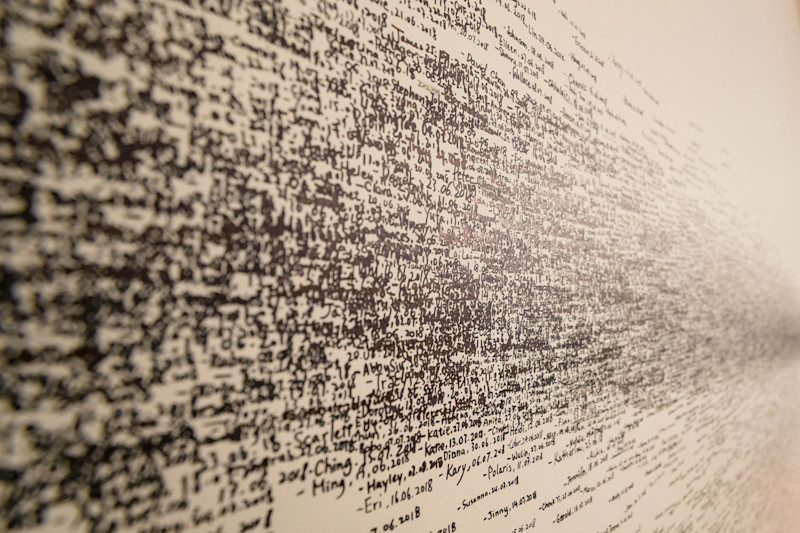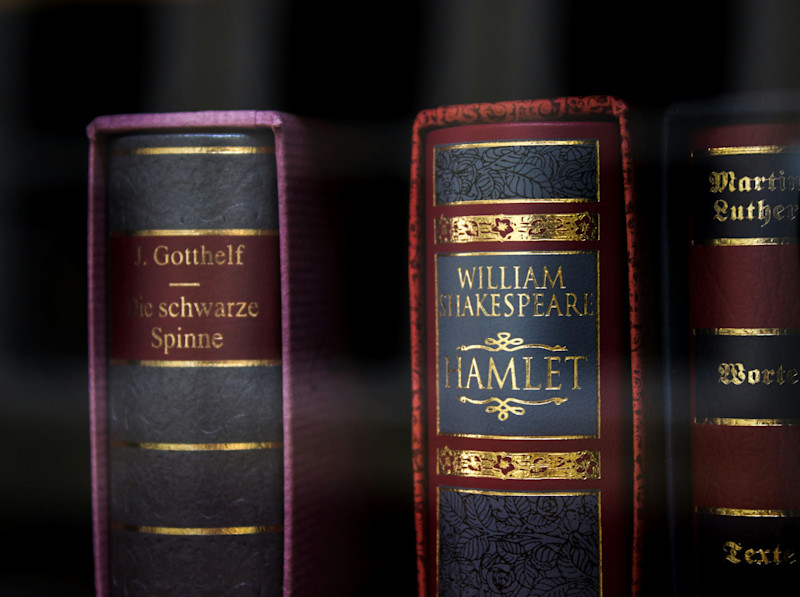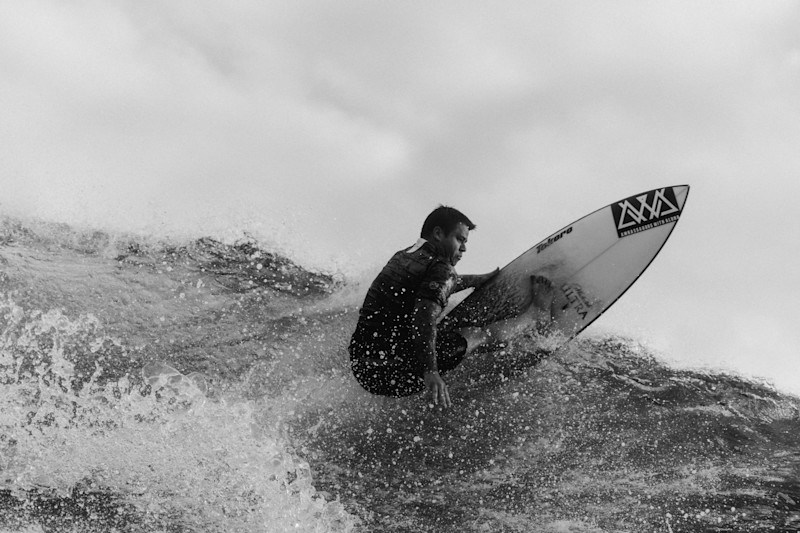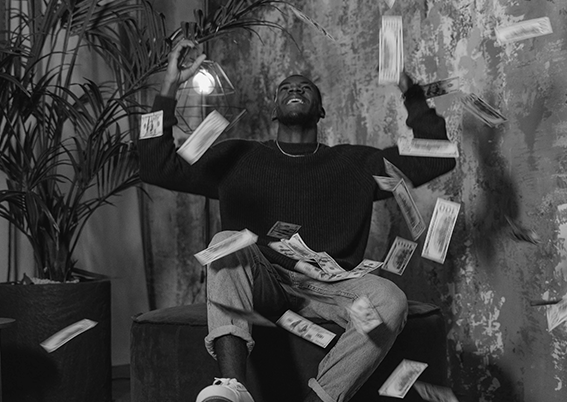
No cap, this blog will be spittin' fire as we delve into the exciting world of slang throughout the generations
Language is fluid, constantly shifting, adapting to new influences, and evolving with every generation. One of the most striking indicators of this fluidity is the use of slang, which includes words and phrases that are often informal, short-lived, yet powerfully expressive. The role of slang in shaping culture and communication has been ongoing for centuries, from Chaucer’s Canterbury Tales to today’s TikTok trends.
Strap in and get ready to explore the evolution of slang over the years, as we chart its incredible trajectory from Shakespearean England to the modern digital age.
Chaucer and the Birth of English Slang
Even as far back as the 14th century, Geoffrey Chaucer was employing informal language that would have been familiar to the masses in his epic work, The Canterbury Tales. While not necessarily slang in the way we define it today, Chaucer’s language was rich with colloquialisms and idioms that made his characters relatable.
He didn’t shy away from coining new words or repurposing old ones, offering a snapshot of how language was evolving even then. By crafting characters who spoke in a more vernacular tongue, he made his stories accessible and lively, setting the stage for what would become a long tradition of linguistic playfulness.
Shakespeare – The Original Wordsmith
If Chaucer opened the door to slang, Shakespeare sprinted through it. The Bard is often hailed as the ultimate wordsmith, credited with coining numerous terms that have survived the test of time. From “wild goose chase” to “in a pickle,” and “good riddance” to “it’s Greek to me,” Shakespeare had an almost unnerving knack for creating expressions that succinctly captured human experiences.
His linguistic innovations weren’t merely for show as they quickly became part of everyday language. While many of his slang terms have since become standard phrases, in their time, they were novel and even rebellious, ushering in a new age of English where language could be as playful as it was profound.

The Rapid Evolution of Slang: 1960s to Today
From the 1960s onwards, the slang has evolved and transformed at a dizzying rate. The rise of youth culture, driven by music, fashion, and technological innovation, led to an explosion of new slang terms in every decade. What was once considered “cool” slang in one era became laughably outdated just a few years later.
1960s: The era of the counterculture movement, the 1960s brought us terms like “far out” and “dig it,” often heard in the lexicon of the hippie movement. If you were “having a blast,” it meant you were enjoying yourself immensely, emblematic of the carefree, rebellious spirit of the time.
1970s: By the 1970s, slang shifted gears with words like “boogie,” used to describe dancing, and phrases like “see ya on the flipside,” signifying a laid-back, easy-going attitude. You might’ve been called a “jive turkey” if you were talking nonsense, but if things were “groovy,” you were in for a good time. “Take a chill pill” was the go-to phrase for telling someone to relax, highlighting the rise of a more casual attitude to life.
1980s: The 1980s were all about extremes, and the slang reflected that with words like “gnarly,” “radical,” and “tubular” all epitomising the exaggerated excitement of the decade’s pop culture. It almost instantly springs to mind the image of a long-haired surfer or skateboarder doing an outrageous trick and whether you thought something was “totally” awesome or utterly “bogus,” the language was loud, proud, and often over the top.

1990s: By the 1990s, slang had become a way to assert your personality. Phrases like “talk to the hand” conveyed attitude and assertiveness, while “bounce” meant to leave. If you were in a particularly good mood, you might describe yourself as “crunk,” and if you were telling someone to cool off, you might ask them to “chillax.” Your closest friend might even be your “home skillet,” a playful term of endearment born from the hip-hop culture of the time.
2000s: The 2000s saw the rise of bling culture, with “bling” referring to flashy, ostentatious jewellery. Your friends were not your “peeps,” and if someone insulted you in a creative way, “you got served.” Greeting someone with a “Wassup” was all the rage, and describing something as “sick” (in a good way) marked your approval.
2010s: The social media era of the 2010s introduced us to a series of new, instantly viral terms. Words like “binge” and “bromance” took on new meanings thanks to the rapid rise of Netflix and pop culture. “Basic” became shorthand for something or someone unoriginal, while “fam” signified close friends or family. To “flex” was to show off, especially on social media, and if something was “on fleek,” it was perfect.
The State of Slang Today: A Language of Infinite Possibilities
Fast forward to today, and the never-ending evolution of slang continues in the digital age. Modern slang is heavily influenced by social media platforms, where trends change at lightning speed, and new terms can gain popularity overnight. Words like “rizz” (charisma or romantic prowess), and “vibe” have become part of everyday language, while if something “slaps,” it means it’s impressive or exceptional and if you’re being “low key,” you’re keeping things under the radar.
Terms like “slay” and “bussin” have come to denote high praise, while “bet” serves as a modern-day affirmation. If someone wants to insist they are telling the truth, they might declare “no cap,” which has quickly become a term indicating honesty. These colourful phrases capture the creativity and immediacy of the modern lexicon, reflecting how quickly language can be shaped by the next viral moment.
The Fluidity of Language: A Never-Ending Evolution
The popularity of slang and its constant evolution highlights the inherent fluidity of language. Words and phrases are constantly being invented, reinvented, and discarded as cultures and societies change. A phrase that once felt fresh and edgy might quickly feel outdated, only to be replaced by something newer, more relevant to the times. Whether it’s Shakespeare coining “be-all and end-all,” or Gen Z declaring that this blog “slaps,” slang continues to speak to the ever-changing nature of human expression.

In an age of rapid technological advancement and global interconnectedness, the only constant is that language will continue to evolve. With it, slang is sure to remain an enduring part of our culture, marking each generation’s unique way of seeing the world.
Slang is more than just words, but rather a reflection of the times, capturing the attitudes, beliefs, and experiences of people across eras. Whether you're “digging it” or declaring something is “on fleek,” you’re contributing to the living, breathing entity that is language, an entity that never stays still for long.
For more related updates and to Katch us covering similar topics, watch this space!
Katch our game-changing PR and Communications, Social Media, Branding and Design, Brand Consultancy, Digital Marketing, and Global Communications services to help your brand make noise. Get in touch with our 360-Marketing agency in Dubai, Qatar, Saudi Arabia, and London, and let’s get the conversation started!
